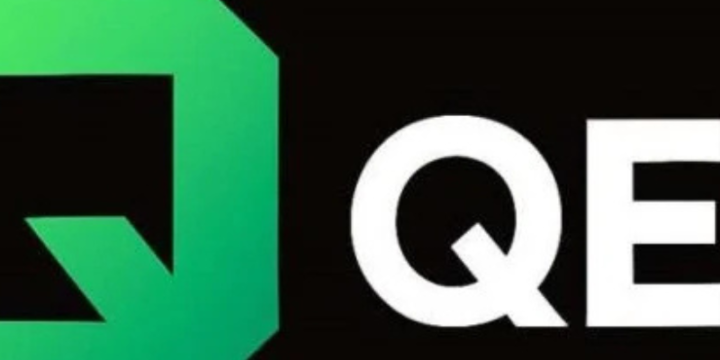Op 12 en 13 november 2025 vindt de 24e editie van De Precisiebeurs plaats in de Brabanthallen in ’s-Hertogenbosch. Dé vakbeurs waar je topspelers en oplossingen op het gebied van high en ultra precisietechnologie ontmoet en ontdekt.
Met ruim 350 exposanten, van internationale bedrijven en kennisinstellingen tot onderwijsorganisaties, krijg je in twee dagen een compleet overzicht van de nieuwste ontwikkelingen in productie, onderzoek en ontwikkeling binnen het hoog nauwkeurige bereik.
Hoor de laatste ontwikkelingen en insights tijdens 50 inhoudelijke sessies door vakexperts, exposanten en jonge talenten, met lezingentracks van onder andere EUSPEN en de Big Science projecten.
Bezoek de Netwerkarena voor informele ontmoetingen met brancheorganisaties, studententeams en wetenschappelijke instellingen. Of plan vooraf één-op-één gesprekken in via de online afsprakentool en ontmoet elkaar in de internationale Meet & Matchruimte op de beursvloer.





